Nautilus Institute’s Policy Forum‘s focus is on the timely publication of expert analysis and op-ed style pieces on the foremost of security-related issues to Northeast Asia. Its mission is to facilitate a multilateral flow of information among an international network of policy-makers, analysts, scholars, media, and readers. Policy Forum essays are typically from a wide range of expertise, political orientations, as well as geographic regions and seeks to present readers with opinions and analysis by experts on the issues as well as alternative voices not typically presented or heard. Feedback, comments, responses from Policy Forum readers are highly encouraged.
Coping with North Korean Nuclear Quagmire – What Options are Available: Remarks at Jeju Forum Panel
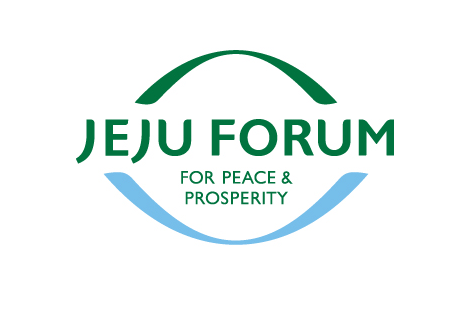
As a panelist at the Jeju Forum, Peter Hayes remarks that “At this late stage in the DPRK’s nuclear breakout, one should begin with the question: what would be worth more to the Kim Jong Un government than its nuclear weapons capacities, such as they are? The answer is not this or that economic gain, or this or that change in its nuclear fuel cycle activities. They aren’t going to put all their investment in the nuclear weapons program at risk after decades of effort and setbacks without seeing very bright light at the end of the tunnel of denuclearization. ”
This Policy Forum is a version of remarks given by Peter Hayes at the Jeju Forum, Jeju, Korea, May 30th 2013. The remarks are in response to questions for the panel “Coping with North Korean Nuclear Quagmire – What Options are Available?” for which he was a panelist.
Peter Hayes is director of Nautilus Institute and Professor of International Relations at RMIT University in Melbourne.
Go to the articleGaming the North Korean Nuclear Crisis

In this Policy Forum Fan Jishe argues that North Korea may also become one of the main variables affecting str…
Go to the articleRising Sun, Morning Calm, Redeeming Step
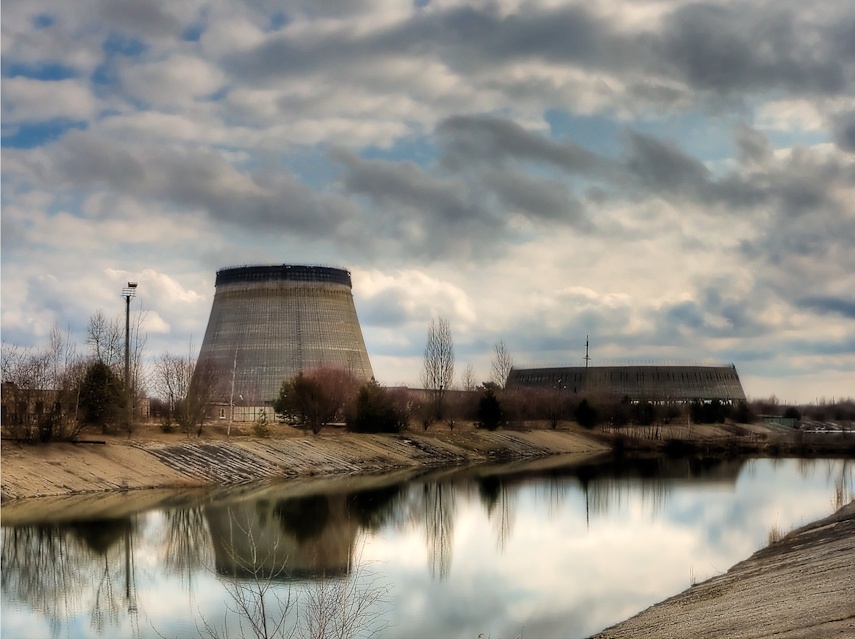
Roger Cavazos writes “Both Japan and North Korea are presently taking concrete steps, and responding primarily to their own perceived national interest. The path to redemption is rarely linear and never easy. North Korea’s tentative reaching out should be met with reversible actions and Japan’s bold steps should be encouraged – maybe even followed.”
Roger Cavazos is a Nautilus Institute Associate and retired US military intelligence officer.
Go to the articleA Northeast Asian Regional Security Framework: Does it Work?
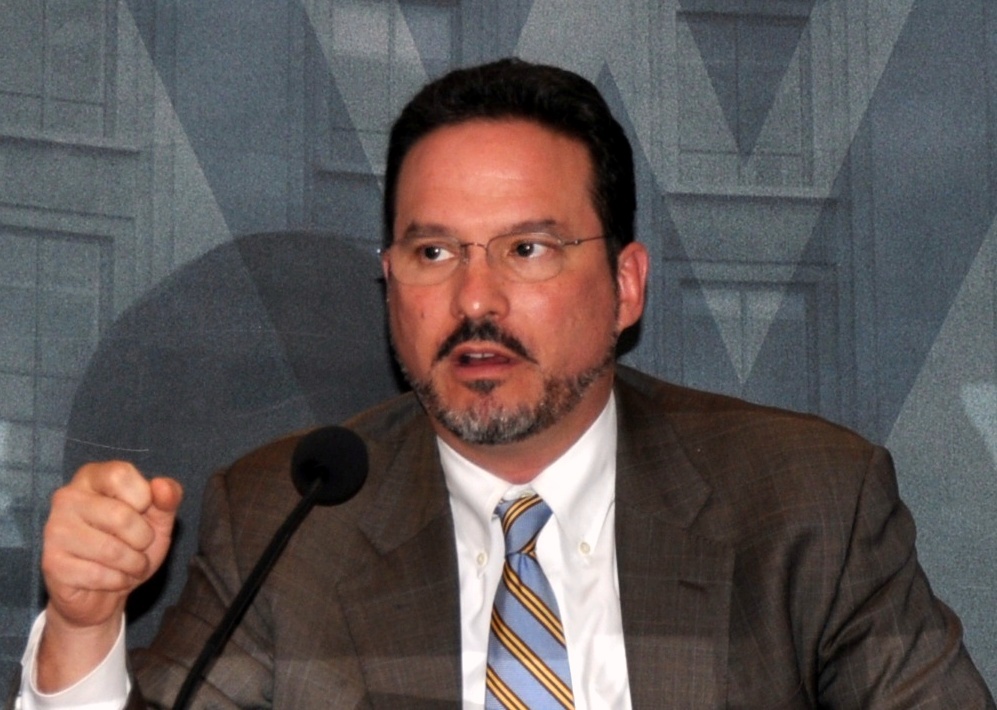
Michael Green: The short answer to the question posed in the title is: yes, it could work –but the bar will have to be high.
Michael Green is Senior Vice President for Asia and Japan Chair at the Center for Strategic and International Studies and Associate Professor at Georgetown University.
This report was originally presented at the New Approach to Security in Northeast Asia: Breaking the Gridlock workshop held on October 9th and 10th, 2012 in Washington, DC.
Go to the article朝核问题的历史经验与教训
樊吉社
Fan Jishe
This is an English jist of this article. This is an English jist of this article. This is …
Go to the articleClimate Adaptation Challenges and Urban Insecurity
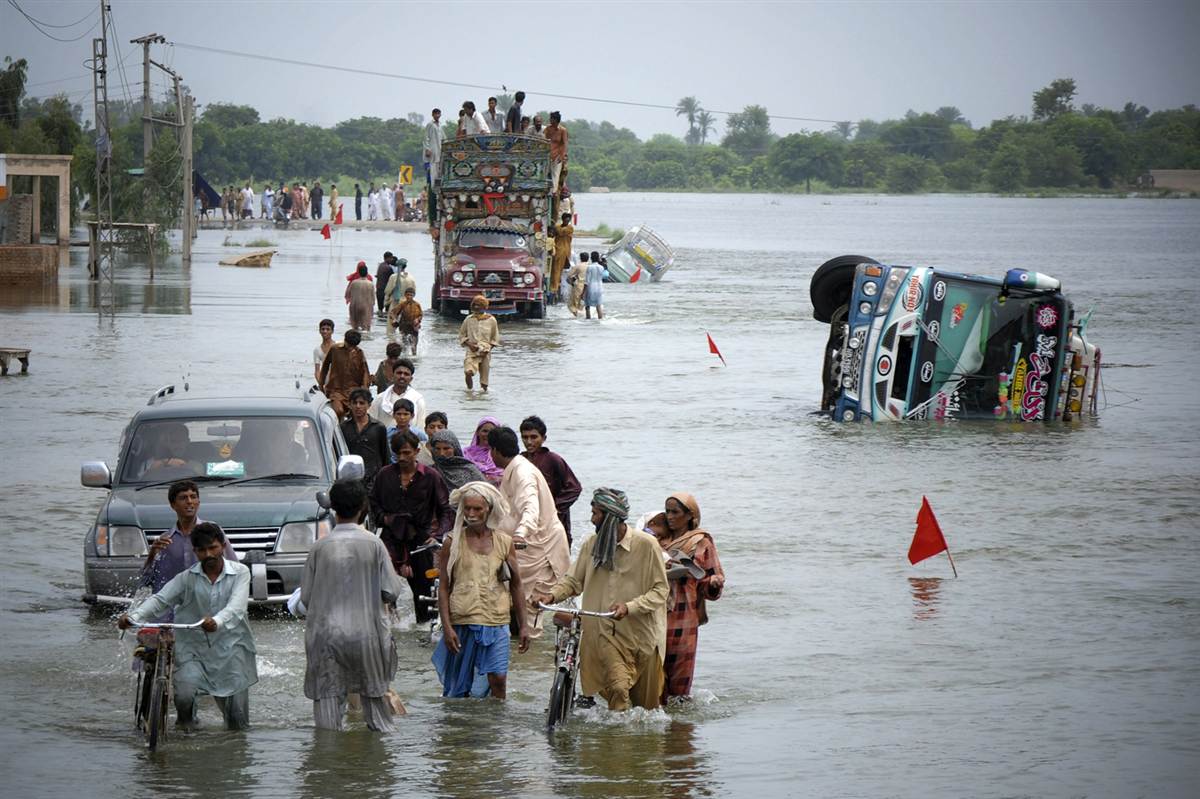
In light of a range of difficult domestic problems, including terrorism, poverty, poor governance, Saleem Janjua writes “climate change looks, at most, a less important issue in Pakistan to be dealt with. However, climate change – by re-sketching the maps of water availability, food security, disease occurrences, land use and coastal boundaries – may have severe implications for country’s overall security and stability.”
Saleem Janjua is the Climate Change Adaptation contributor for the NAPSNet Weekly report.
Go to the articleNuclear Knock-On Effects

Peter Hayes writes that automatic budget cuts in the US will result in the shrinking of the US strategic triad. He writes “each service will maintain its nuclear mission for political-bureaucratic and ideological reasons, and the triad itself will simply get smaller, remain militarily incoherent with warheads and missiles mismatched to military mission, with less funds available for conventional deterrent forces as a result. In turn, the deficit of conventional forces will justify continued funding of nuclear forces.”
Peter Hayes is director of Nautilus Institute and Professor of International Relations at RMIT University in Melb
Go to the articleThe South China Sea: What China Could Say
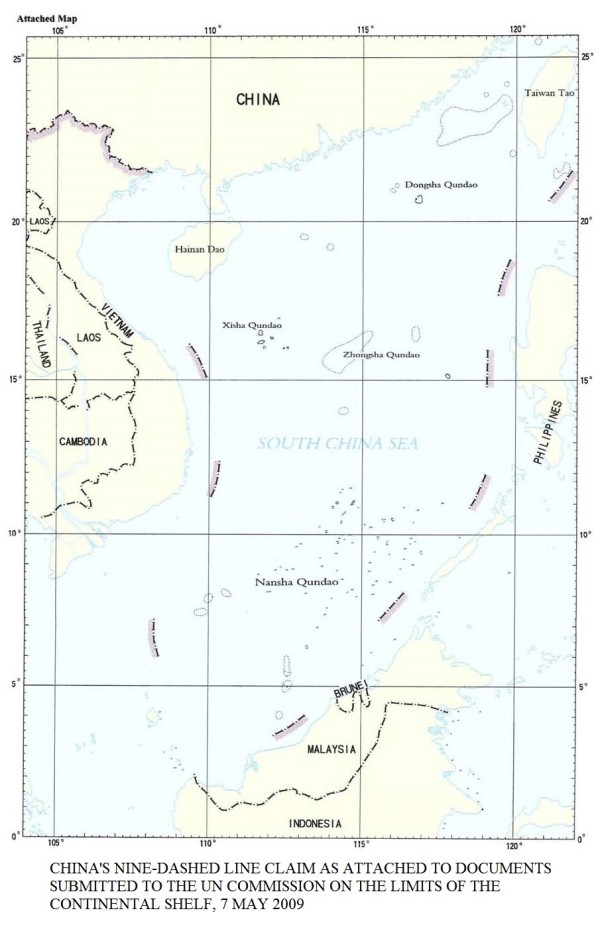
Mark Valenica sets out the kind of statement China could issue in order to ‘clarify its position regarding its maritime claims and actions in the South China Sea.’ Valenica writes ‘For China such a statement would indicate it has “risen” and is ready to challenge the existing world system and contemporary interpretations of international law—if necessary to protect its interests.’
Mark J. Valencia is a Visiting Senior Scholar at the National Institute for South China Sea Studies, Haikou, China.
Go to the articleInsanity – playing with fire

In his piece on the insanity of pursuing nuclear power, Nikhil Desai asks “How many billions of dollars have to be bet, and how many lives put at risk, in order to learn, and re-learn lessons of nuclear power?”
Nikhil Desai is the Energy Security contributor for the NAPSNet Weekly report.
The views expressed in this report do not necessarily reflect the official policy or position of the Nautilus Institute. Readers should note that Nautilus seeks a diversity of views and opinions on significant topics in order to identify common ground.
Go to the articleCore US-ROK Issues
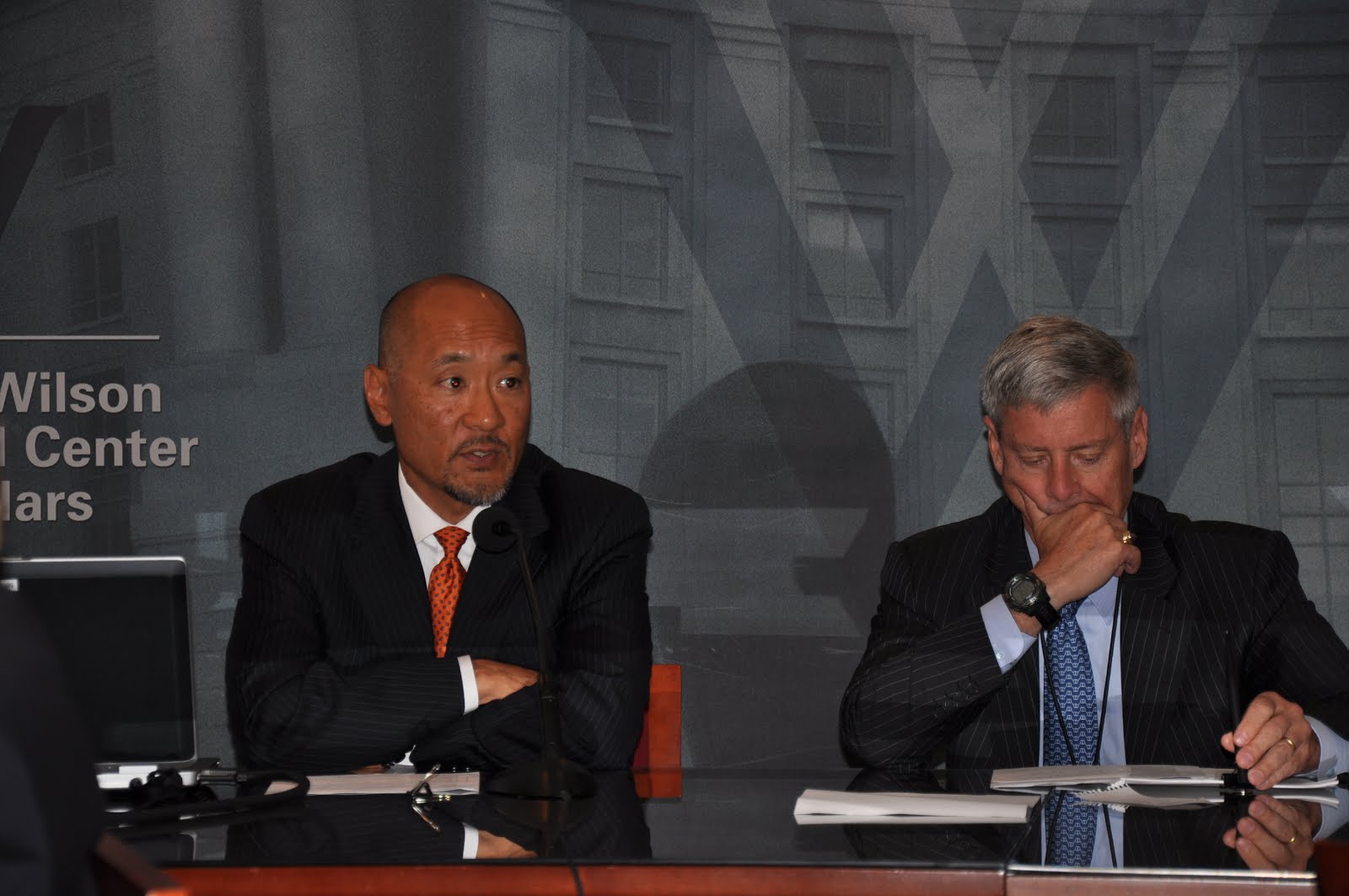
Philip Yun writes: “While the actual events leading to a unified Korea are virtually impossible to forecast, it is safe to assume (barring unforeseen or catastrophic events) that the Korean Peninsula, politically and economically, will eventually come to resemble South Korea’s current democratic government and open-market economy. The question is simply, when? Managing the Korean Peninsula’s transition — from status quo to an unknown, but more peaceful and stable regional Northeast Asian system — therefore becomes essential.”
Philip Yun is the Executive Director and COO of the Ploughshares Fund.
This report was originally presented at the New Approach to Security in Northeast Asia: Breaking the Gridlock workshop held on October 9th and 10th, 2012 in Washington, DC.
Go to the article
